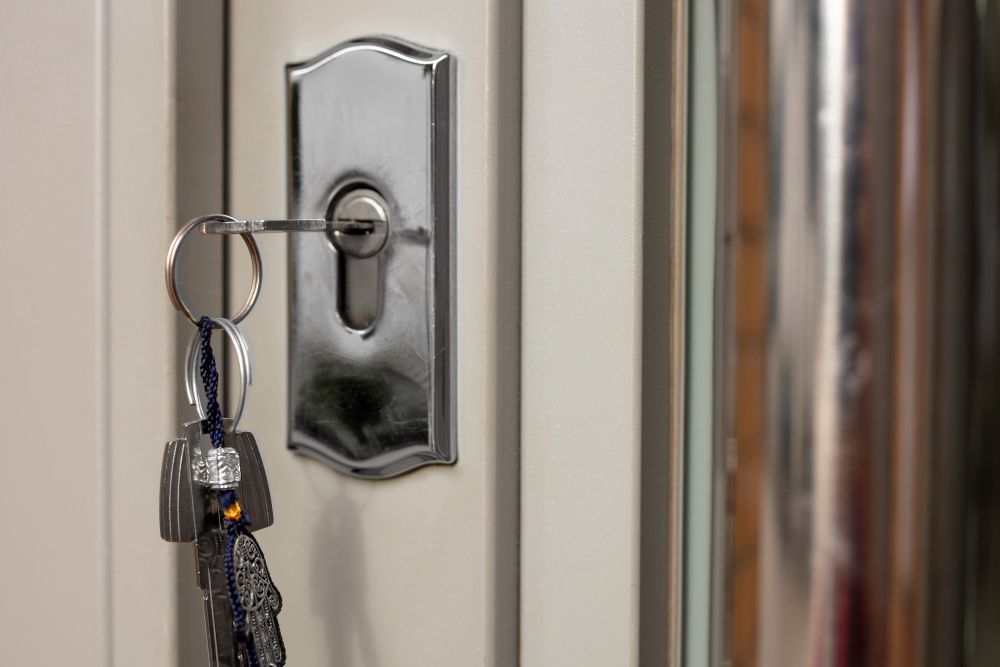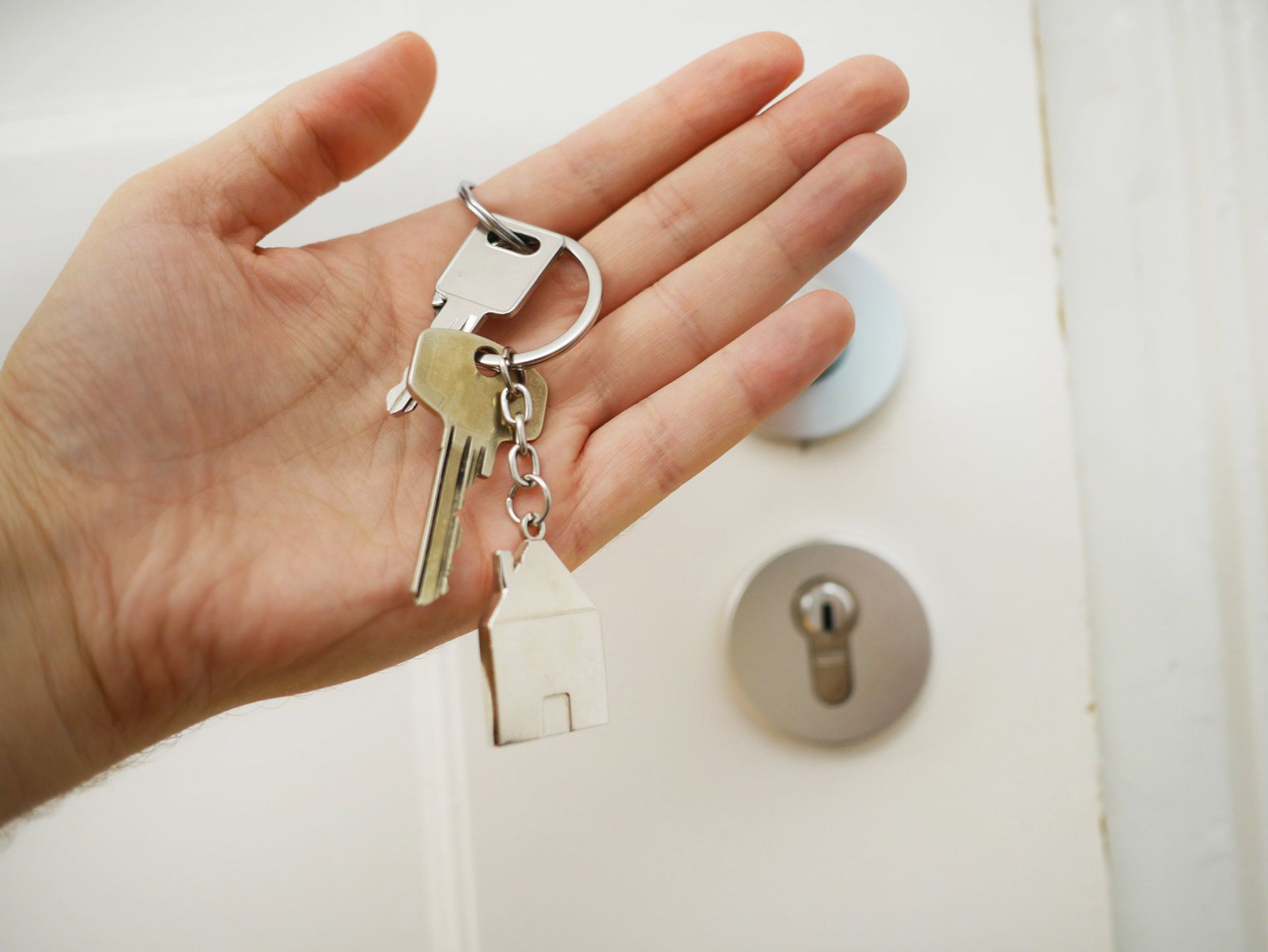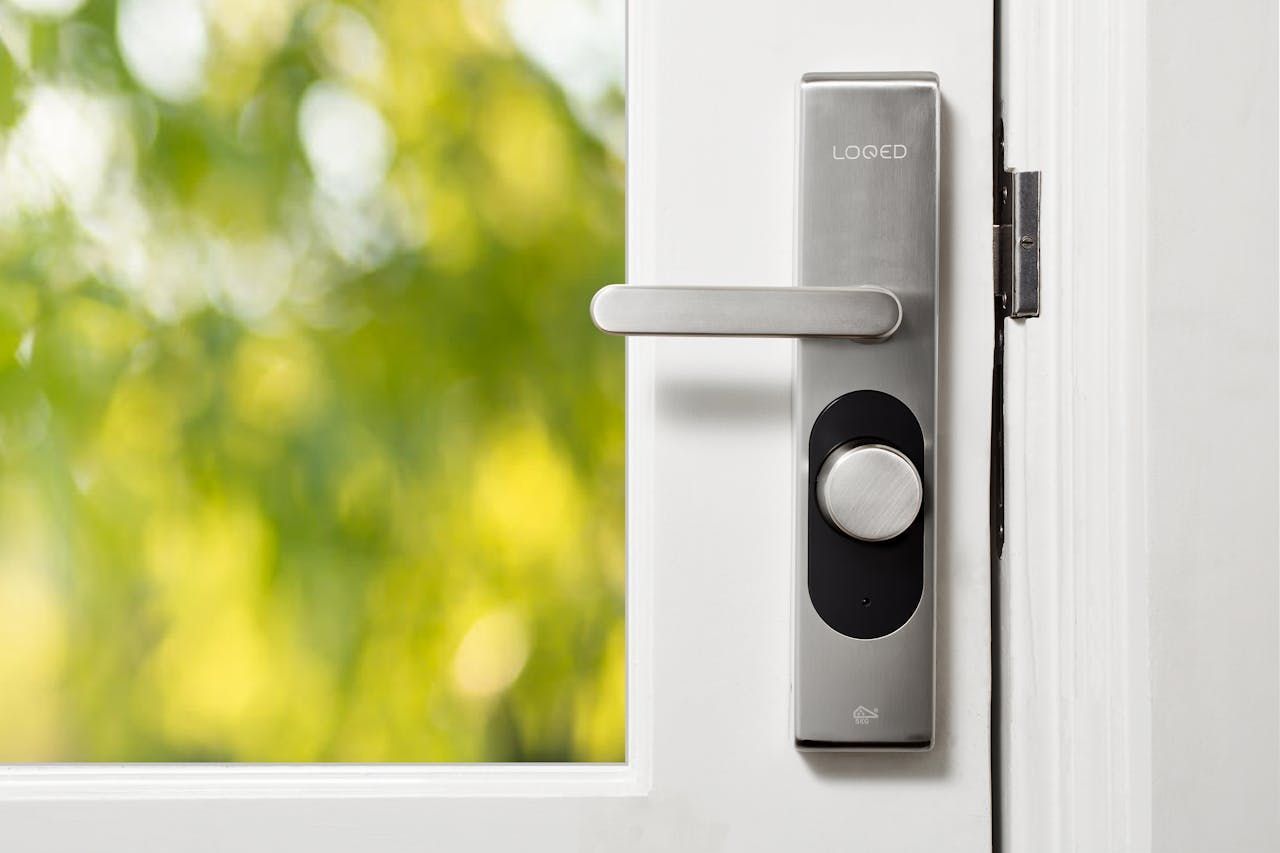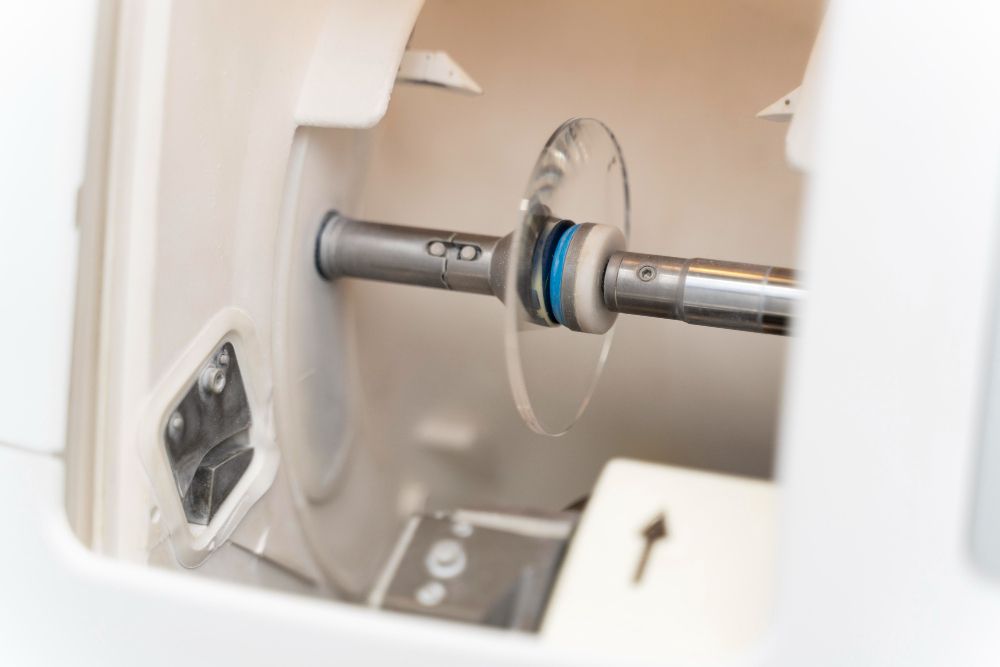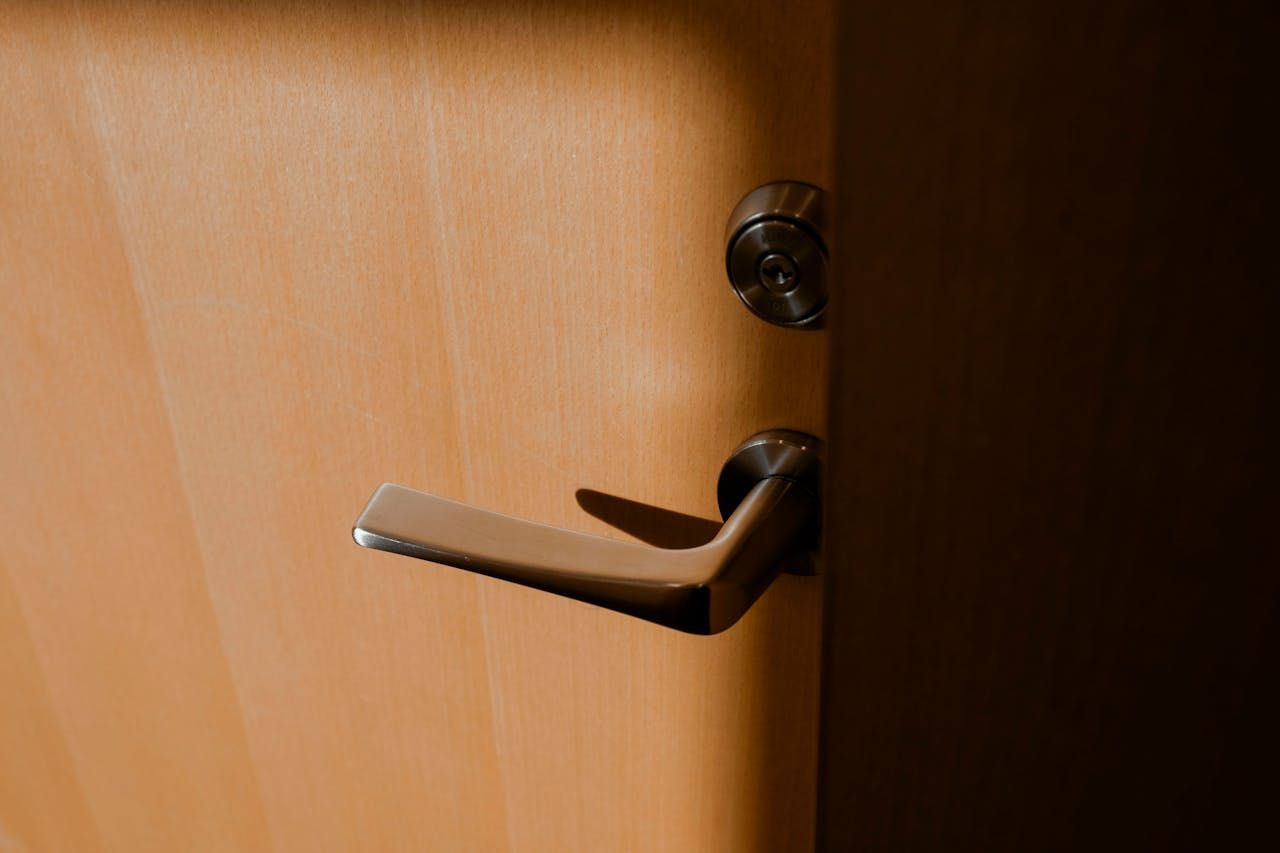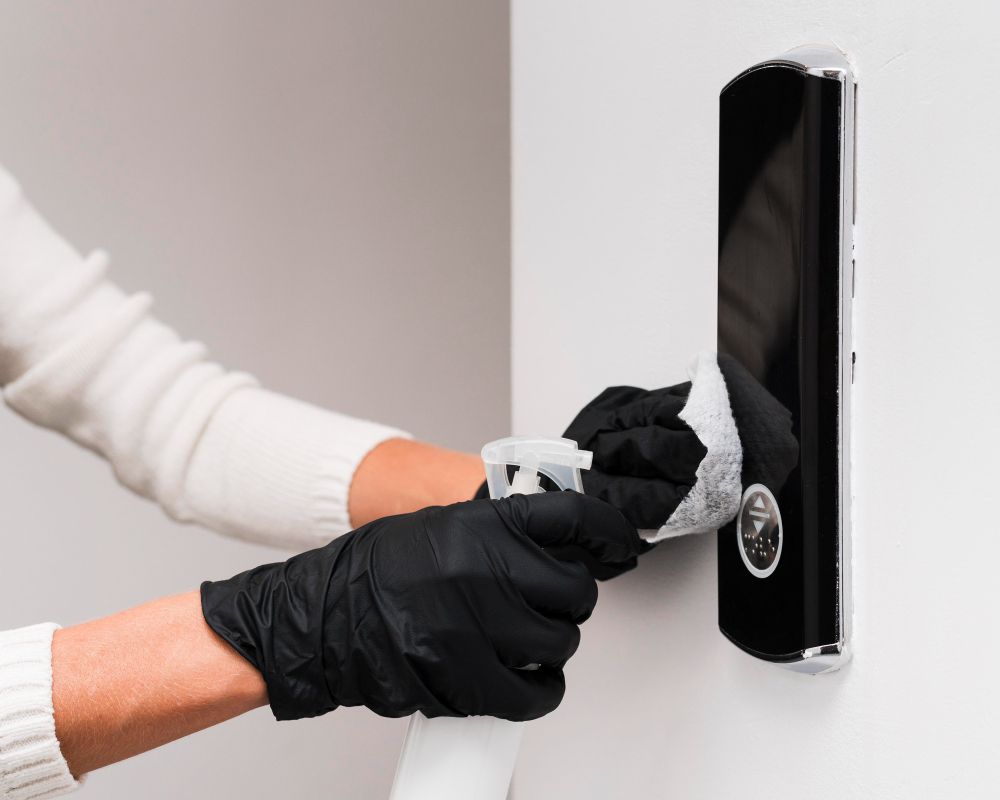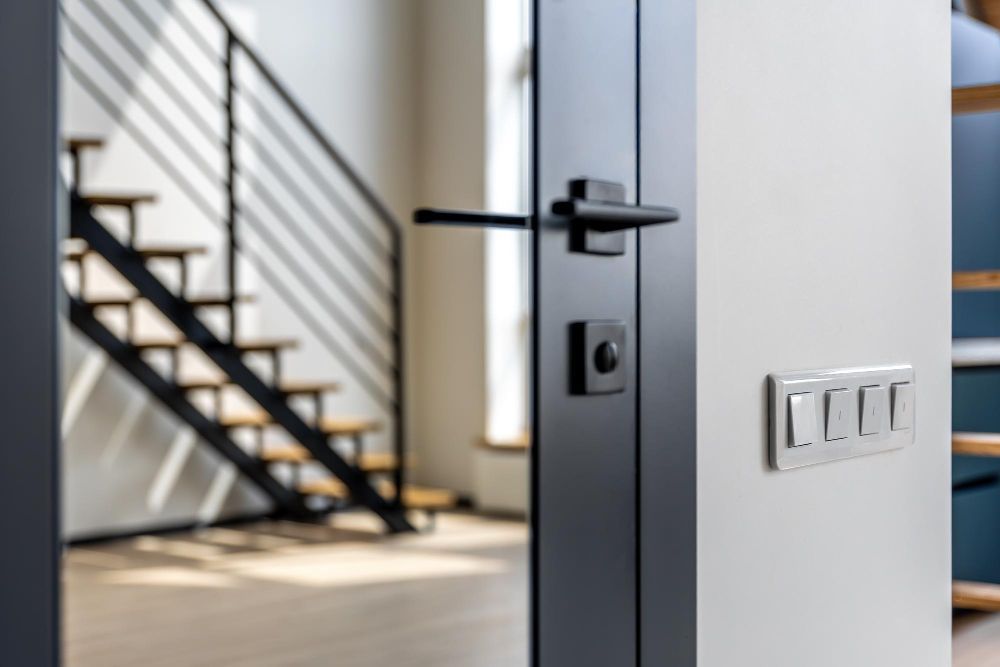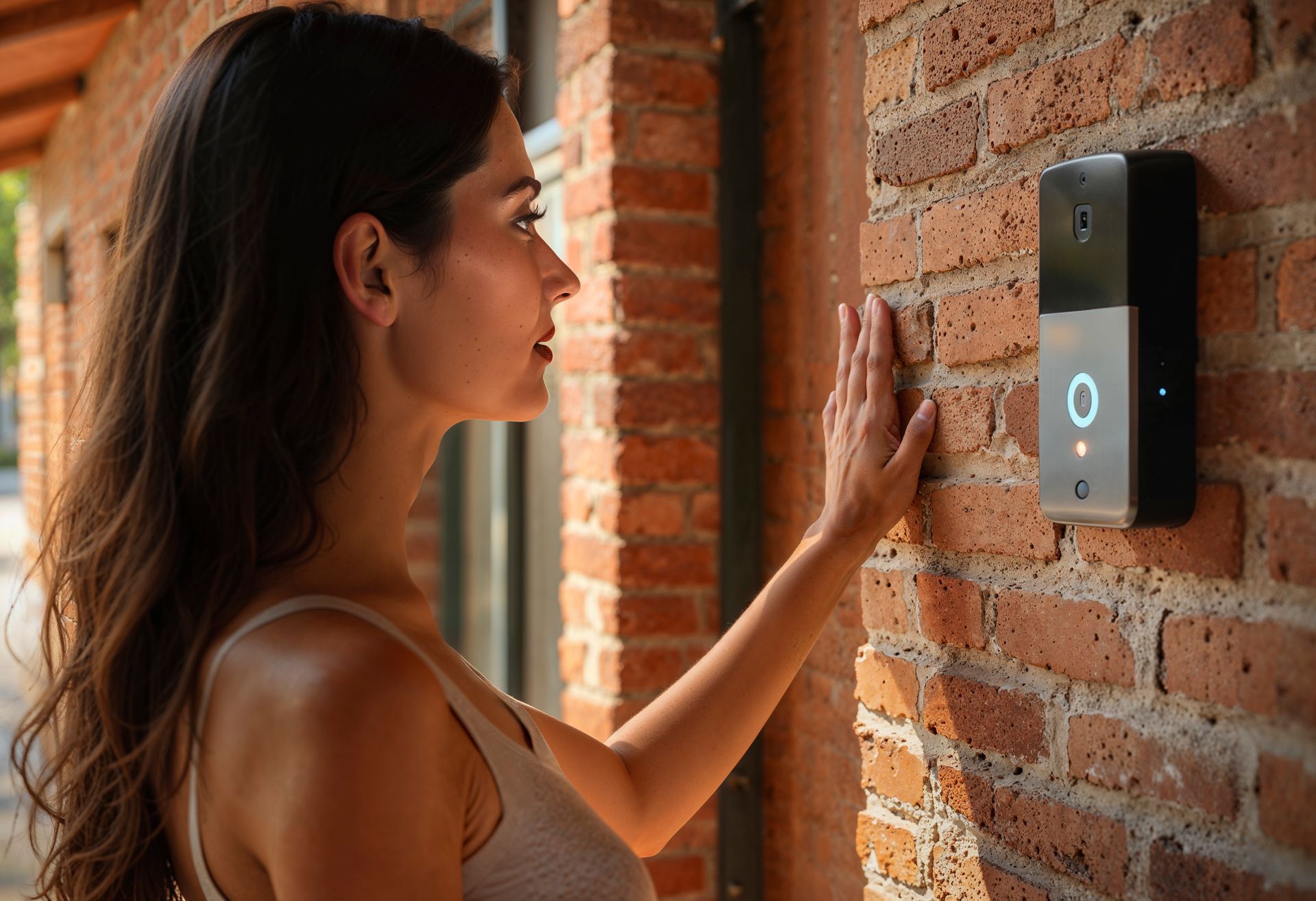Common Mistakes to Avoid When Rekeying Door Locks
April 18, 2023
Introduction
Imagine this situation: you’ve just moved into a new home or taken over a rental property, and you decide to rekey the door locks for added security. It seems simple enough—until you discover that the locks are sticking, the new keys don’t always turn, or someone still has access with an old key.
Rekeying is one of the most practical ways to manage access without replacing all your locks. But there are common mistakes that can compromise your security or cause expensive problems later. This guide explains what rekeying really involves, the pitfalls to watch for, and how to get it done properly the first time.
Understanding What Rekeying Means
Rekeying a lock means changing its internal pins so that only a new key can open it. The outer hardware stays the same, but the internal configuration is adjusted. This process is ideal when you move into a new property, lose a key, or change tenants.
It’s a cost-effective way to maintain security—provided it’s done correctly. If not, you could end up with a faulty lock, a jammed key, or worse, a system that’s still accessible by old keys.
Common Mistakes People Make When Rekeying Locks
Before you begin rekeying or hiring someone to do it, it helps to know what can go wrong. Below are the most common mistakes and how to avoid them.
1. Rekeying old or worn-out locks
Even if a lock looks fine, it might have internal wear that causes trouble once rekeyed. Worn pins, corroded parts, or previous tampering can affect how smoothly a new key turns. In these cases, replacing the lock is often safer and more cost-effective.
2. Using the wrong rekeying kit
Each lock brand has unique parts and measurements. Using a mismatched kit can lead to misaligned pins or a key that doesn’t fit properly. Always check that the rekeying kit matches your lock’s brand and model before starting the process.
3. Overlooking key management
Rekeying won’t improve your security if old keys are still in circulation. Many people forget to collect old keys from tenants, family members, or staff. Keep a record of how many new keys exist and who has them. This simple habit prevents future security risks.
4. Rekeying only the main door
It’s easy to focus on the front door and forget other entry points like the back door, garage, or side access. Leaving one lock unchanged defeats the purpose of rekeying. Before starting, list every entry that uses a key and make sure they’re all included.
5. Attempting a DIY rekey without proper tools
While do-it-yourself kits are available, they often require precision and experience. Losing tiny pins or springs can damage the lock or make it unreliable. If you’re not confident, hiring a qualified locksmith will save time and prevent costly mistakes.
6. Failing to test the new key
After rekeying, always test the new key several times with the door both open and closed. Environmental factors like humidity or door alignment can affect how a lock functions. Testing helps confirm smooth operation before you rely on it.
7. Forgetting future access needs
Many people rekey and then forget to plan for new key copies or future access changes. Keeping a record of who has keys and limiting unnecessary duplication makes managing access easier and safer over time.
Frequently Asked Questions
How often should I rekey my locks?
You should rekey whenever you move into a new property, lose keys, or change who has access. It’s also smart to rekey after renovations or tenant changes.
Is rekeying better than replacing locks?
Rekeying is usually cheaper because you keep the same hardware. However, if the lock is old, damaged, or unreliable, replacing it may be the smarter option.
Can I rekey my locks myself?
You can, but it’s easy to make mistakes without the right tools or training. Professional locksmiths have the experience to complete the job quickly and correctly.
Does rekeying make my locks more secure?
Rekeying improves access control but doesn’t strengthen the lock itself. For better physical security, consider upgrading to high-security hardware.
Can one key open all my doors after rekeying?
Yes, a locksmith can rekey multiple locks to use a single key, provided they’re compatible. This is called “keying alike” and makes access more convenient.
Conclusion
Rekeying is a smart and affordable way to take control of your property’s security. But when done incorrectly, it can cause more problems than it solves. From worn hardware to poor key management, each mistake can affect how well your locks protect your home or business.
By understanding these pitfalls—and working with a professional locksmith when needed—you can enjoy the benefits of rekeying without the hassle or risk. A little attention to detail today can save you a lot of stress later.
